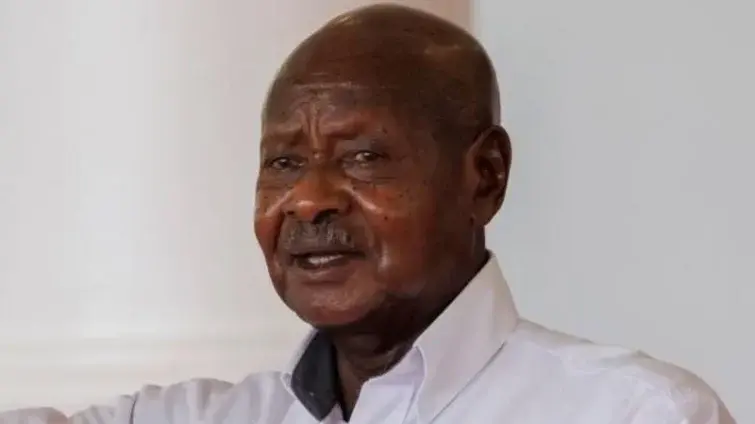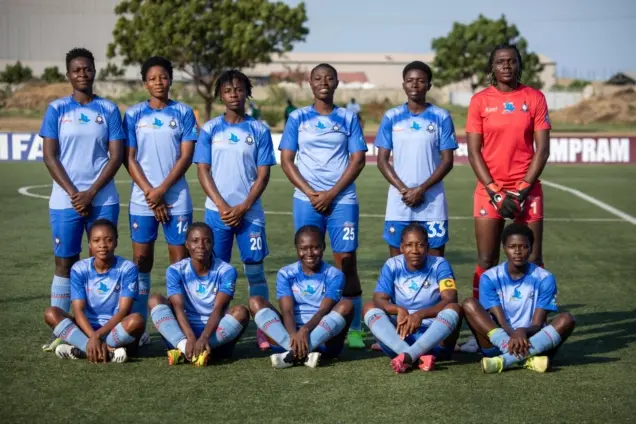KAMPALA, Uganda — In a move that has ignited a fierce debate over justice and human rights, Uganda’s parliament has recently sanctioned an amendment to the law, empowering military tribunals to preside over cases involving civilians. This decision, which directly challenges a previous Supreme Court ruling prohibiting such trials, has drawn widespread condemnation and raised serious concerns about the integrity of the justice system. Critics argue that this expansion of the Uganda Military Courts’ jurisdiction undermines the fundamental principles of fair justice and could serve to silence dissent against the government. The implications of this decision are far-reaching, affecting not only the individuals who may find themselves tried in these courts but also the broader landscape of civil liberties in Uganda.
The amendment comes after two decades of military courts trying civilians, a practice that has drawn criticism from opposition groups and human rights organizations. To understand the gravity of this decision, it’s essential to explore the context, justifications offered by the government, and the potential consequences for the rule of law in Uganda.
The government defends the move, with military spokesman Chris Magezi asserting that the law is designed to “deal decisively with armed violent criminals, deter the formation of militant political groups that seek to subvert democratic processes, and ensure national security is bound on a firm foundational base.” Muhoozi Kainerugaba, a prominent figure in Ugandan politics, echoed this sentiment, praising the government for its “courage and commitment.” These proponents argue that the military courts offer a more efficient and effective means of addressing threats to national security.
However, opponents of the amended law contend that it not only disregards the Supreme Court’s prior ruling in January, which deemed military trials of civilians unlawful due to a lack of legal competence for fair trials, but also threatens the very foundation of Uganda’s justice system. Jonathan Odur, an opposition politician, has been particularly vocal in his criticism, labeling the legislation as “shallow, unreasonable, and unconstitutional.” He stated, “There’s no legal basis to provide for trial of civilians in the military court.”
Concerns extend beyond legal technicalities, with critics alleging that the government is strategically employing courts martial to suppress opposition voices. Human Rights Watch (HRW) has added its voice to the chorus of disapproval, highlighting the Ugandan military courts’ failure to adhere to international judicial standards and raising alarms about the use of evidence potentially obtained through torture. These concerns paint a disturbing picture of a system where the rights of civilians may be compromised in the name of national security.
The issue has already touched the careers of prominent political figures. Kizza Besigye, a major opposition leader, saw his trial transferred to a civilian court following the Supreme Court ruling. He had been facing military prosecution for offenses, including treason, charges that Besigye’s lawyers and his party, the PFF, maintain are politically motivated. Similarly, Bobi Wine, another influential figure in Ugandan politics, was charged in a military court in 2018 for alleged illegal possession of firearms, though these charges were later dropped. These cases underscore the potential for military courts to be used as instruments of political pressure.
Now, the decision rests with President Yoweri Museveni. The law requires his approval to take effect, meaning the focus has shifted to whether he will sign it into law, either solidifying or preventing this expansion of military court power. His decision will likely have a significant impact on the direction of Uganda’s legal system and its commitment to human rights.
Uganda’s decision to potentially grant military courts expanded authority over civilians is a contentious issue with significant implications for human rights and the rule of law. The passing of the amended law, despite a Supreme Court ruling against it, highlights a deep divide within the country. The future of this law now rests with President Museveni, and its impact will be closely watched both domestically and internationally. This situation underscores the importance of safeguarding judicial independence and protecting the rights of civilians within Uganda’s legal system. Understanding the Uganda Military Courts’ evolving role is crucial for assessing the trajectory of justice in the nation.
Image Source: MYJOYONLINE





















